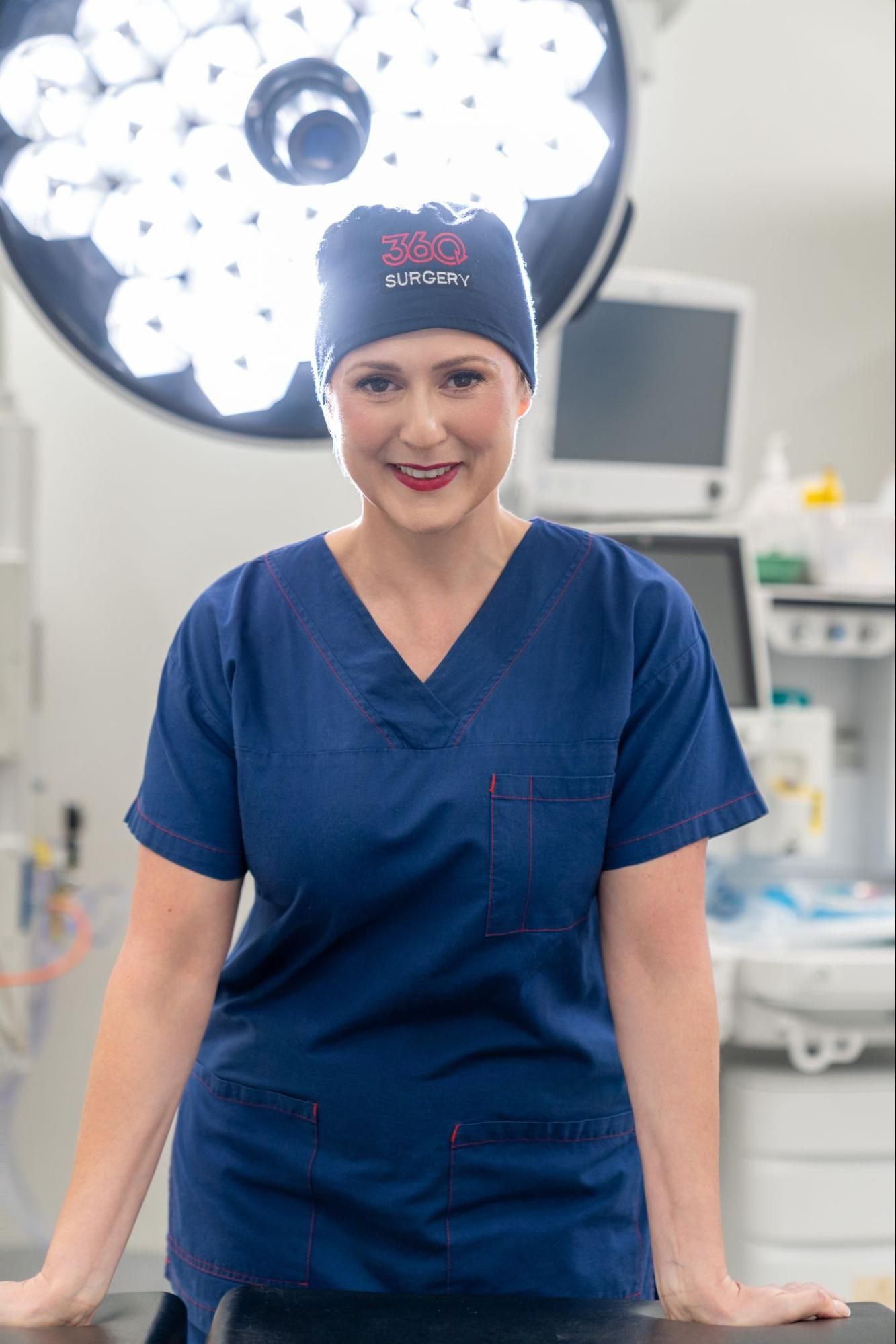How to Get Bariatric Surgery in Melbourne: A Step-by-Step Guide
Are you struggling with long-term weight issues and considering bariatric surgery as a serious option? You’re not alone. For many people in Melbourne, bariatric surgery becomes the turning point after years of unsuccessful dieting, exercise plans, and weight-loss programs. This guide will walk you through the steps to access bariatric surgery in Melbourne—whether through the public system or private healthcare.
1. Public vs Private Bariatric Surgery in Australia
Understanding your options is the first step.
Public Healthcare System:
- Limited Access: As of 2023, only around 5% of bariatric surgeries in Australia were performed in public hospitals.
- Long Waiting Lists: The public system has long wait times, which can range from several months to years.
- Strict Criteria: Eligibility requirements change often and are not always easy to find or understand.
Private Healthcare System:
- Faster Access: Most Australians choose private surgery due to shorter waiting times and greater control over their care.
- Higher Costs: The trade-off is that you’ll need private health insurance or will face out-of-pocket costs. However, many find the investment worthwhile for the timely and comprehensive care.
2. How to Find the Right Bariatric Surgeon in Melbourne
Choosing a qualified, experienced bariatric surgeon is crucial. Here’s how to start:
- Personal Recommendations: Speak with friends, family, or colleagues who’ve had the surgery. Word-of-mouth referrals often lead to trusted providers.
- Bariatric Support Groups: Online communities like Bariatric Support Australia are excellent places to learn from others’ experiences.
- Online Reviews: Platforms such as Google Reviews, RateMDs, or HealthShare feature patient feedback on Melbourne surgeons.
- Ask Your GP: Your general practitioner can provide a referral and also recommend local bariatric surgeons based on your medical history.
Tip: Search for surgeons affiliated with reputable clinics and hospitals that specialise in metabolic and obesity surgery.
3. Get a Referral from Your GP
In Australia, seeing your GP is a necessary step if you’re going the private route.
- Medicare Benefits: A GP referral allows you to claim Medicare rebates for your initial consultation and any necessary tests.
- Health History: Your GP can also assess your overall health and help you determine whether surgery is a safe and suitable option.
This referral forms part of your care pathway and is essential for building your case with your chosen surgeon.
4. Book a Consultation with a Bariatric Surgeon
Once you have your referral, you can schedule an appointment with a bariatric surgeon in Melbourne.
What to Expect During the Initial Consultation:
- Eligibility Assessment: The surgeon will evaluate your BMI, health conditions (like diabetes or sleep apnoea), and weight-loss history.
- Medical Investigations: This may include blood tests, imaging, or sleep studies to check for any underlying risks.
- Multidisciplinary Care Team: A comprehensive team often includes a dietitian, psychologist, and physician to support your success before and after surgery.
- Surgical Options: The surgeon will explain different procedures such as the gastric sleeve, gastric bypass, or adjustable gastric band. You’ll learn about the pros and cons of each.
- Cost Breakdown: Expect a detailed breakdown of costs, including surgeon’s fees, anaesthetist, hospital stay, and follow-up care.
At 360 SURGERY: We know the first consultation can feel overwhelming. You’ll receive written information, and our team is always available to answer your questions later on.
5. Prepare for Surgery with Pre-Operative Steps
Before undergoing bariatric surgery, several key preparations must be completed.
These may include:
- Pre-Surgery Diet: You may need to follow a special diet to reduce liver size and improve safety during the operation.
- Health Clearances: Depending on your health, your surgeon may ask for clearance from specialists like a cardiologist or respiratory physician.
- Psychological Evaluation: This ensures you're mentally prepared for the significant lifestyle changes following surgery.
- Dietitian Support: A dietitian will help you understand how your eating habits will change and what nutrition looks like post-surgery.
These steps are essential for ensuring your body and mind are ready for surgery and long-term weight management.
6. Final Steps Before Surgery Day
After you’ve completed all assessments and preparations, your surgery will be scheduled. Here’s what happens next:
- Surgery Date Confirmation: You’ll receive details about your procedure date, time, and location.
- Hospital Instructions: The team will guide you on what to bring, when to stop eating or drinking, and any medications to pause.
- Support Plan: Make arrangements for transport and support during your recovery period.
On the day of surgery, you’ll be in the care of an experienced team of healthcare professionals who specialise in obesity and metabolic health.


















